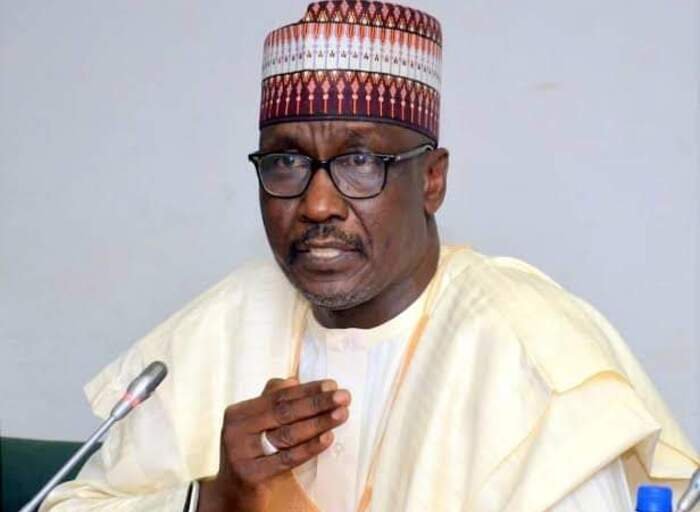Iran stated on Sunday that it was not convinced Israel would abide by a ceasefire that ended their 12-day war this week.
Israel stated that its goal was to prevent the Islamic Republic from creating a nuclear weapon, which Tehran has continuously rejected, claiming the freedom to produce nuclear power for civilian uses such as energy.
The violence halted nuclear discussions between Iran and the United States, a long-time friend of Israel.
“We did not start the war, but we have responded to the aggressor with all our power,” Iran’s armed forces chief of staff, Abdolrahim Mousavi, was quoted as saying by state television, referring to Israel.
“We have serious doubts over the enemy’s compliance with its commitments, including the ceasefire. We are ready to respond with force” if attacked again, he added, six days into the ceasefire announced by US President Donald Trump.
Iran demanded in a letter to UN Secretary-General Antonio Guterres published on Sunday that the United Nations identify Israel and the United States as the perpetrators of this month’s conflict.
“We officially request hereby that the Security Council recognise the Israeli regime and the United States as the initiators of the act of aggression and acknowledge their subsequent responsibility, including the payment of compensation and reparations,” Iranian Foreign Minister Abbas Araghchi wrote in the letter.
During the war, the United States supported Israel’s assault, carrying out strikes on three major facilities for Iran’s nuclear program.
Trump has threatened more strikes if Iran enriches uranium to a level capable of producing nuclear weapons.
According to the International Atomic Energy Agency, the Arab nation had enriched uranium to 60% in 2021, far beyond the 3.67 per cent limit established by a 2015 accord from which the United States unilaterally withdrew in 2018.
Iran would need to enrich uranium to 90 per cent in order to produce a bomb.
Israel has maintained ambiguity about its own nuclear arsenal, neither publicly confirming nor denying its existence, but the Stockholm International Peace Research Institute estimates it has 90 nuclear weapons.
According to Iran’s health ministry, at least 627 civilians were killed and 4,900 were injured during the 12-day conflict with Israel.
Iran launched retaliatory missile attacks on Israel, killing 28 people, according to Israeli authorities.
During the war, Iran arrested scores of people it accused of spying for Israel and claimed to have captured technology such as drones and missiles.
The Iranian parliament decided on Sunday to prohibit the unlawful use of communications equipment, including tech tycoon Elon Musk’s Starlink satellite internet service, according to the official news agency IRNA.
During the battle, Israel struck Tehran’s Evin jail, killing at least 71 people, Iran’s judiciary confirmed Sunday.
The attack on Monday demolished a portion of the administrative building at Evin, a massive, heavily defended compound in the north of Tehran that rights groups claim houses political prisoners and foreign nationals.
According to judiciary spokesman Asghar Jahangir, the victims at Evin comprised administrative workers, guards, detainees, visiting relatives, and local residents.
French Foreign Minister Jean-Noel Barrot stated on Monday that incarcerated French nationals Cecile Kohler and Jacques Paris, who had been held at Evin for three years, were not believed to have been hurt by the Israeli strike, which he denounced as “unacceptable”.
On Tuesday, a day following the strike, the judiciary announced that the Iranian prison authorities had relocated convicts from Evin prison but did not disclose their number or identify them.
Narges Mohammadi, the Nobel Peace Prize laureate, was among the captives at Evin, as were other French nationals and foreigners.









